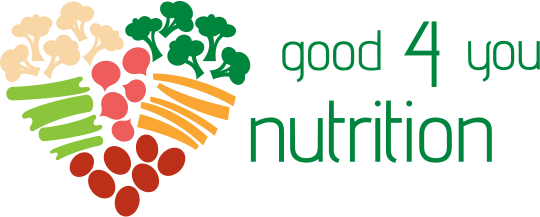Protein Consumption & Portion Sizes
Posted on July 20th, 2016
Portion sizes are often misunderstood especially when it comes to protein. It is often assumed that we need a lot more protein than we actually need. Below are the estimated amounts required for the three main groups (keeping in mind children requirements are slightly different).
- Average Person – 0.8-1g protein/1kg body weight
- Endurance Athlete (Adult) – 1.3-1.6g protein/1kg body weight
- Adult Building Muscle Mass – 1.6-1.8g protein/1kg body weight
The body is only able to use approximately 20-25g of protein efficiently at any one time with excess protein potentially being stored as fat by the body. If we consume more protein than we need we must consume more water/liquid as more urea needs to be excreted as a result.
If we consume too much protein and do not balance it out with carbohydrates (in particular fresh vegetables and fruits) we create an environment that becomes too acidic which in the long term can result in systemic inflammation, mitochondrial dysfunction, impaired renal function, and accelerated aging just to name a few.
When we talk carbohydrates we are not just referring to foods such as rice, bread or potato. All fruits and vegetables are carbohydrate sources. Balancing meals will often include a small portion of complex carbs (sweet potato, brown/red/black rice, pumpkin, beetroot, lentils, chickpeas, beans, quinoa, buckwheat, millet or amaranth) with the majority of carbs being made up of fresh vegetables in particular leafy greens. It is these carbohydrates that provide us with numerous vitamins and minerals in their most absorbable forms.
We then need healthy fat sources to compliment the meal. For some reason people often seem afraid to consume too much fat in the fear of gaining weight. With all things good, if you consume too much of any one thing, you can potentially put on weight. We need healthy fats to carry our fat soluble vitamins around the body and to allow for uptake. We also need fats for converting carotene to vitamin A, to hold and protect our organs, to provide insulation, to prolong digestion and to lubricate the digestive track, not to mention it is important for our skin complexion, scalp and muscles!
The easiest way to get healthy fats is to use olive oil or coconut oil to cook with, adding raw nuts and seeds to meals and making use of coconut products.
Daily Nutritional Tips
- 1-2 pieces of fruit (fresh or frozen) – avoiding dried fruit unless sulphite free, freeze dried or unless its fruit such as goji berries etc.
- A serving of raw nuts and seeds daily (easiest way to make sure you get enough vitamin E) – approximately 1-2 tbsp.
- Fresh salad ingredients or vegetables with lunch and dinner (and breakfast if able to), filling up half the plate.
- Complex carbohydrates (small amount with breakfast, lunch and dinner is best), approximately ¼ cup for the average person.
- Protein with each meal (palm size portion is a good estimate), taking up approximately ¼ of the plate.
